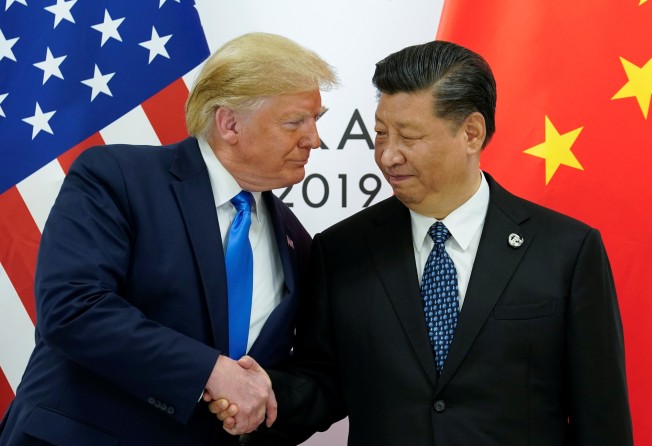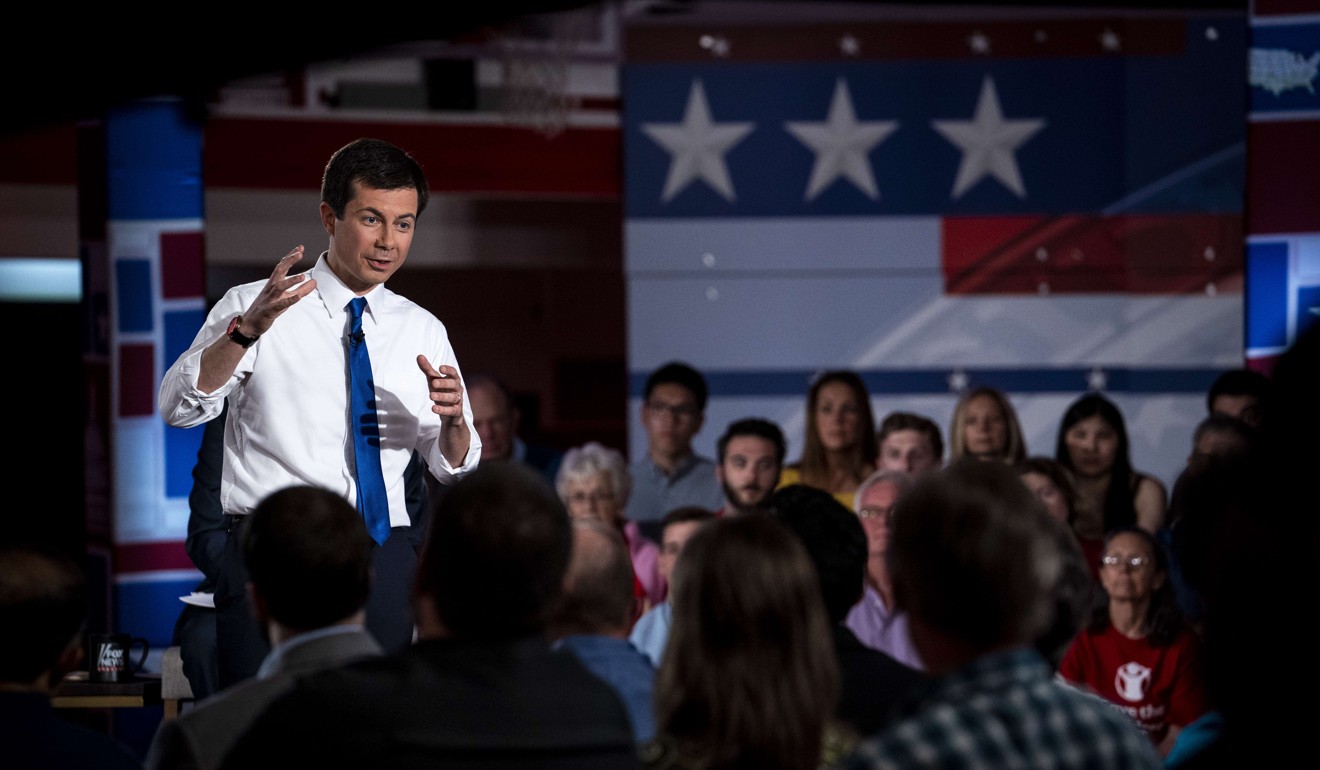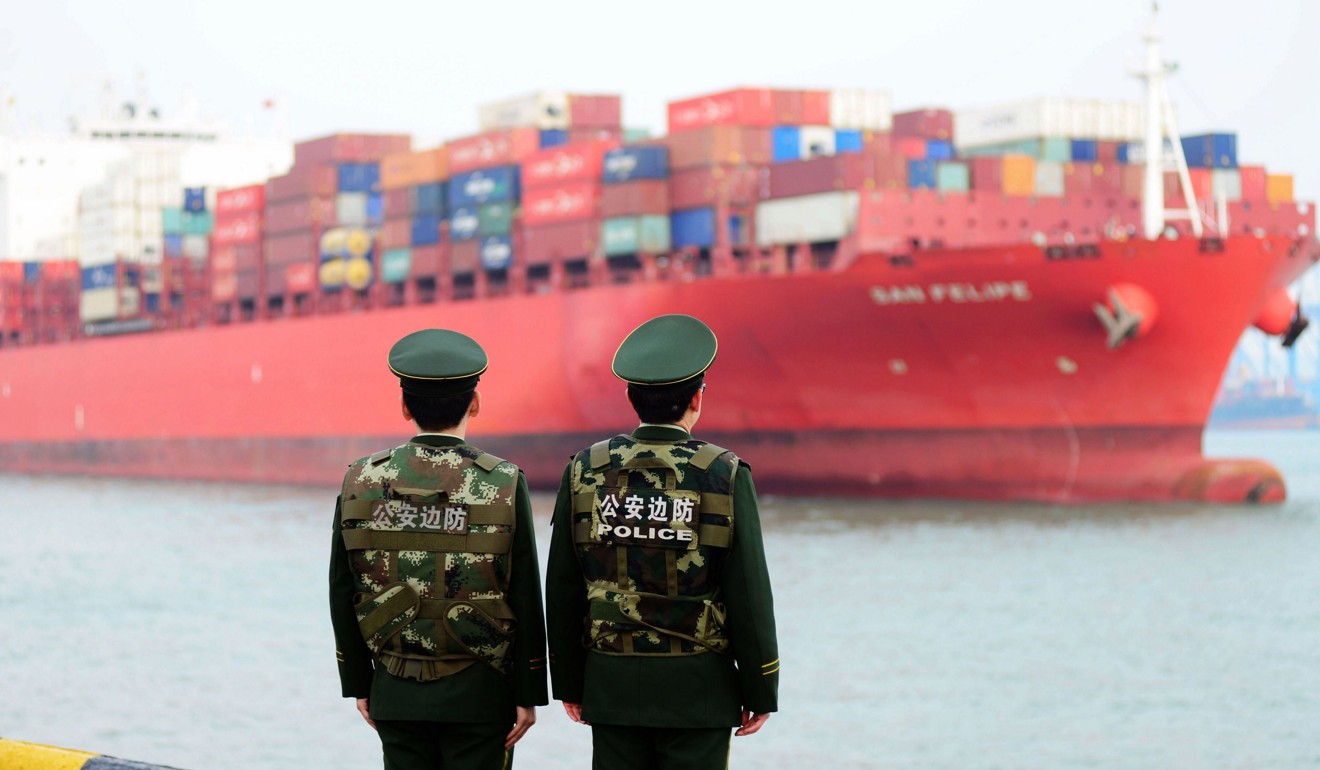US-China trade war: ignore the hype, Trump and Xi are no closer to a deal, even if they are ‘friends’
- Neither leader has agreed to anything more than they had previously
- The lack of a deadline to negotiate the final ‘10 per cent’ of sticking points betrays a lack of confidence that doing so is even possible

The accord signed between Chinese President Xi Jinping and US President Donald Trump at the G20 summit in Osaka is not a deal, even if it does offer some hope the two leaders might one day achieve an agreement.
Much has been made about the “breakthrough” at their high-stakes meeting, when the pair agreed to resume the negotiations that had fallen apart in May, bringing to an end a months-long impasse.
But while the truce may have prevented the tit-for-tat tariff war from escalating into a full-blown trade war, and saved China-US relations from deteriorating further, little has changed from the last time they met.
The accord, in which the two leaders agreed to refrain from imposing new or higher tariffs on each other’s goods, is similar to what emerged from the last Trump-Xi meeting at the G20 summit in Argentina in December.
Neither leader has agreed to anything more than they had previously, despite their agreement to return to the bargaining table. That says only that negotiators will continue to confront the same tough issues that derailed negotiations two months ago.
Trump has said “in any event, China wants a deal”. But he has also ignored US interests in his desire to secure a deal. His surprising unilateral decision to partially reverse the block on Huawei may prove his eagerness, despite his decision receiving bipartisan opposition domestically over the threat posed by the Chinese telecoms giant.
The ongoing tariff war has already done damage to both economies and hurt the credibility of both leaders. A full-blown trade war would be catastrophic as it may lead to the decoupling of the world’s two largest economies.
Both China and America should be concerned about their economies. After a better-than-expected first quarter, the Chinese economy suffered a worse-than-expected April and May, indicators suggest.
And given it is loathe to take on more debt, which is at a historic high, China has limited room for policy easing to turn the situation around.
That puts it in a different situation to much of the rest of the world, which is about to embark on a global easing cycle thanks to recent dovish signals released by the US Federal Reserve, European Central Bank (ECB), and other central banks in developed economies.
However, Washington, too, should be worried about the implications of a full-blown trade war, as growth in the US economy is also slowing. The US democratic system makes the nation more vulnerable to the political effects of the tariff war than authoritarian China, because those tariffs hurt US farmers and consumers and therefore also hurt Trump’s re-election chances. Democrats are already using the tariff war against Trump, with the presidential candidate Pete Buttigieg last week coining the slogan “Tariffs are taxes”. Clearly, whether Trump can settle on a deal with China will matter greatly to his ambitions for a second term.

But despite Trump’s apparent optimism that a deal can be made, the prospect of any such agreement still seems far from certain. Disagreements on key issues remain. US negotiators have claimed Washington and Beijing have agreed 90 per cent of what they need to for a deal to be made, but the fact leaders have not even been able to set a deadline to negotiate the final 10 per cent betrays a lack of confidence that doing so is even possible.
There have been no signs either side is willing to back down from their red lines, which begs the question: if one side must back down, which will it be?
Surely, whether a deal can be made will depend on how much Beijing agrees to Washington’s terms, rather than vice versa. Trump has repeated often that China should be ready to strike a deal or tariffs will rise “very, very substantially”.
The talks are said to be focused on the overhaul of China’s party-led state capitalism. But negotiators have not been able to agree on the critical structural problems, including the role of state-owned enterprises and state-subsidised industrial policies such as “made in China 2025”; as well as the party’s tight grip on economic activities, which is related to politics, ideology and the legitimacy of communist rule. This is what the US means when Trump described his hoped-for agreement as “the largest ever deal made of any kind, not only trade”.

Since coming to power in 2013, Xi has moved to strengthen the party’s domination in every sector of Chinese society, including its control over economics. The Chinese government has made it clear it would rather bear higher tariffs than have a trade deal that undermines its sovereignty and dignity.
Against this background, it’s hard to see how Xi could countenance a climbdown to US demands.
That leaves the special personal friendship between Xi and Trump as possibly the last hope of preventing US-China relations from breaking down completely.
That is why the leaders have repeatedly emphasised their bond. Xi has described Trump as his “friend”, while Trump has gone one better calling Xi his “best friend”. In Osaka, Trump once again claimed that he and Xi had “a very good friendship, a very, very good friendship”.
Breaking the trade deadlock will be a real test of the two strongmen’s political will and strength, as the final 10 per cent of issues will be a far harder nut to crack than everything that has gone before.
Underlining just how big the task is the principle that nothing is agreed until everything is agreed.
If, against the odds, the two leaders can somehow come to an agreement, the final product will not merely be a deal on tariffs.
It will be a historic agreement to deal with the challenges arising from the vast economic disparities and profound mutual distrust that divide the world’s two biggest economies and political adversaries.
Cary Huang is a veteran China affairs columnist, having written on the topic since the early 1990s